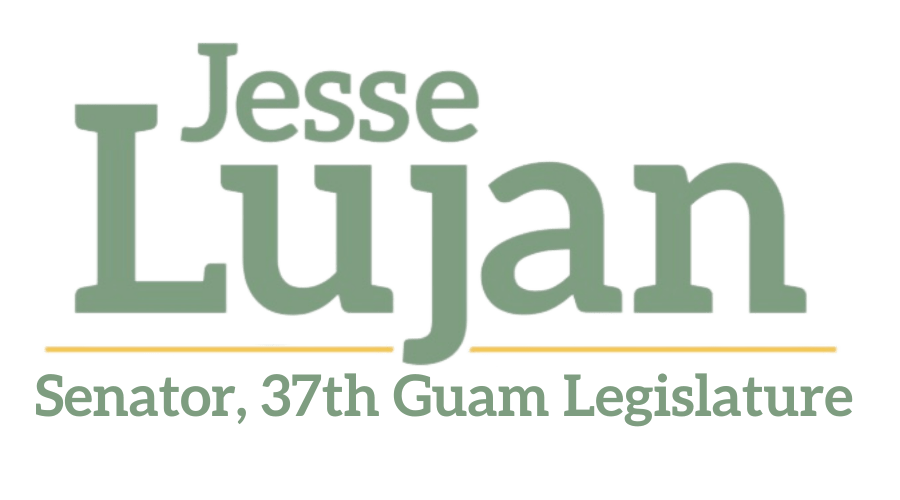An amendment has been added to the House of Representatives version of the fiscal year 2025 National Defense Authorization Act that, the Guam delegate’s office states, “could pave the way” for Guam civilians who might have been exposed to Agent Orange to eventually seek compensation.
Under the amendment, the assistant secretary of defense for Health Affairs shall submit to Congress a report including exact dates on which Agent Orange was used in Guam, an identification of any known or suspected site used to dump the toxic herbicide, an identification of where it was used on Guam and a list of diseases and disabilities that can result from Agent Orange exposure, according to the office of Guam Del. James Moylan.
The report would have to be submitted within a year after enactment of the fiscal 2025 NDAA, Moylan’s office added.
Agent Orange, part of the so-called rainbow herbicides, was used to clear vegetation during the Vietnam War and has been linked to several diseases. It is composed of equal parts 2, 4-D and 2, 4, 5-T – both common herbicides until the U.S. Environmental Protection Agency halted all use of 2, 4, 5-T in the 1980s over toxicity concerns. The manufacture of 2, 4, 5-T at high temperatures is associated with an extremely toxic byproduct known as 2, 3, 7, 8-TCDD, more commonly referred to as TCDD dioxin.
The presence and use of Agent Orange had long been alleged to have occurred on Guam, despite consistent denials by the federal government.
A 2018 U.S. Government Accountability Office report stated at least one ship carrying Agent Orange stopped at Apra Harbor en route to Vietnam more than 50 years ago, but there was no evidence indicating the cargo was offloaded on Guam. The report did acknowledge that Agent Orange components were used on Guam in commercial herbicides.
In May 2020, the Veterans Legal Services Clinic at Yale Law School published a white paper stating the weight of evidence strongly showed that veterans who served on Guam from 1958 to 1980 likely were exposed to herbicides containing dioxin, including Agent Orange.
Then, in August 2022, after years of advocacy and testimony from military veterans and others about the use of Agent Orange on Guam, the Sergeant First Class Heath Robinson Honoring Our Promise to Address Comprehensive Toxics Act, or PACT Act, was signed into law.
The measure expanded benefits and services for veterans exposed to burn pits and other toxic substances, including herbicide exposure coverage for Vietnam War veterans who served on Guam, American Samoa, Johnston Atoll and other locations.
In November 2023, local lawmakers adopted Resolution 29-37, which requested Congress to appropriate money for Guam’s nonmilitary residents exposed to Agent Orange and suffering from related ailments.
Moylan’s office stated around that time that the delegate would eventually introduce legislation to address it while strategizing practically and noted that the process will take time.
In the release about the fiscal 2025 NDAA amendment, Moylan stated that the purpose of his amendment is to obtain information on civilian exposure.
“While the PACT Act provides care and compensation for veterans who were exposed, to begin the process of creating care and/or compensation programs through Congress for civilians who were residing in Guam when these herbicides were dumped in burn pits, adequate and reliable information is needed. This is the purpose of this amendment,” Moylan stated in his office’s release on the amendment.
“The process will certainly be lengthy, but we absolutely need to address this injustice where Agent Orange exposure has possibly infected many in our community with diseases and disabilities. We also needed to seek out the proper legislative vehicle, and I am happy that my colleagues supported my amendment to add the language to the NDAA,” Moylan added.
Several other amendments from Moylan have been included in the NDAA, including funding for missile defense and road projects, a $10 million authorization for the Guam National Guard and others.
The House will discuss, deliberate and vote on the fiscal 2025 NDAA in June, while the Senate will address their version of the annual defense authorization measure shortly after, according to the release from the delegate’s office. A release from the Senate Armed Services Committee stated their NDAA will undergo markup beginning June 12.
Both versions will undergo reconciliation in September, for a vote before the end of fiscal year 2024, according to the release from Moylan’s office.
By: John O’Connor
Source: The Guam Daily Post
